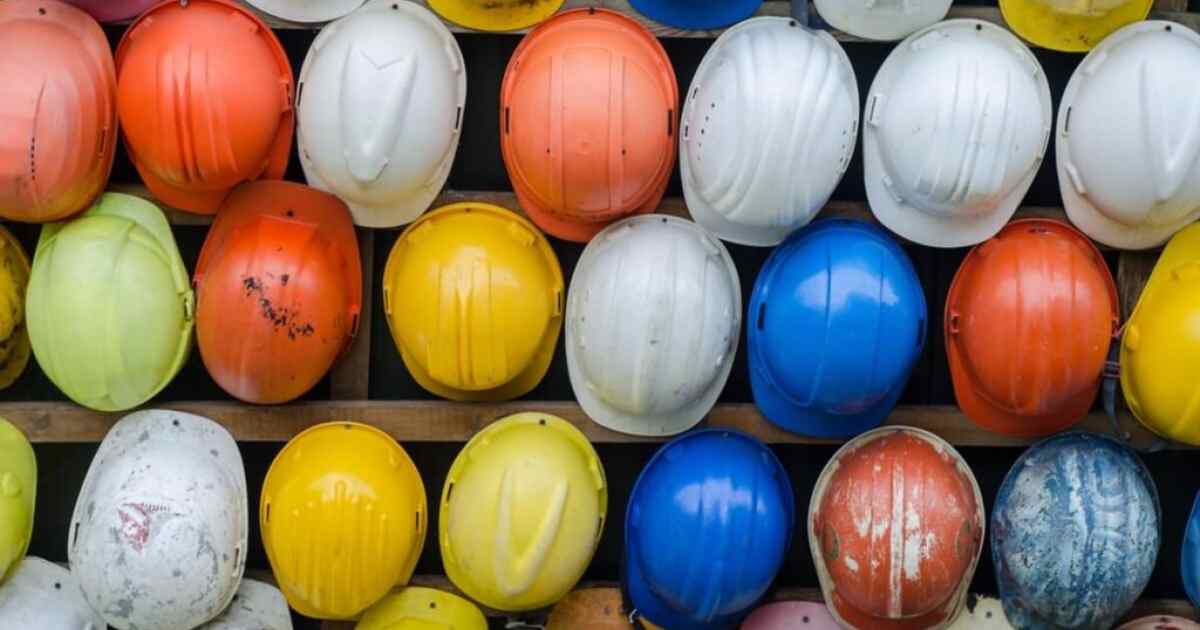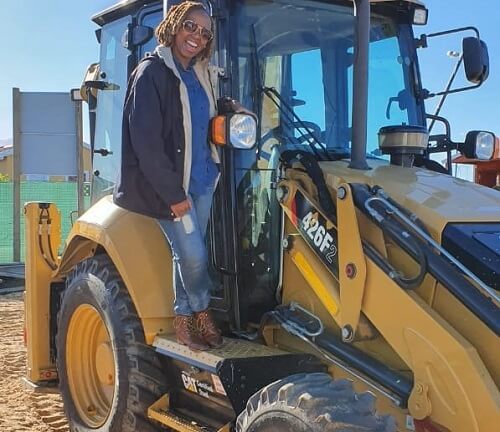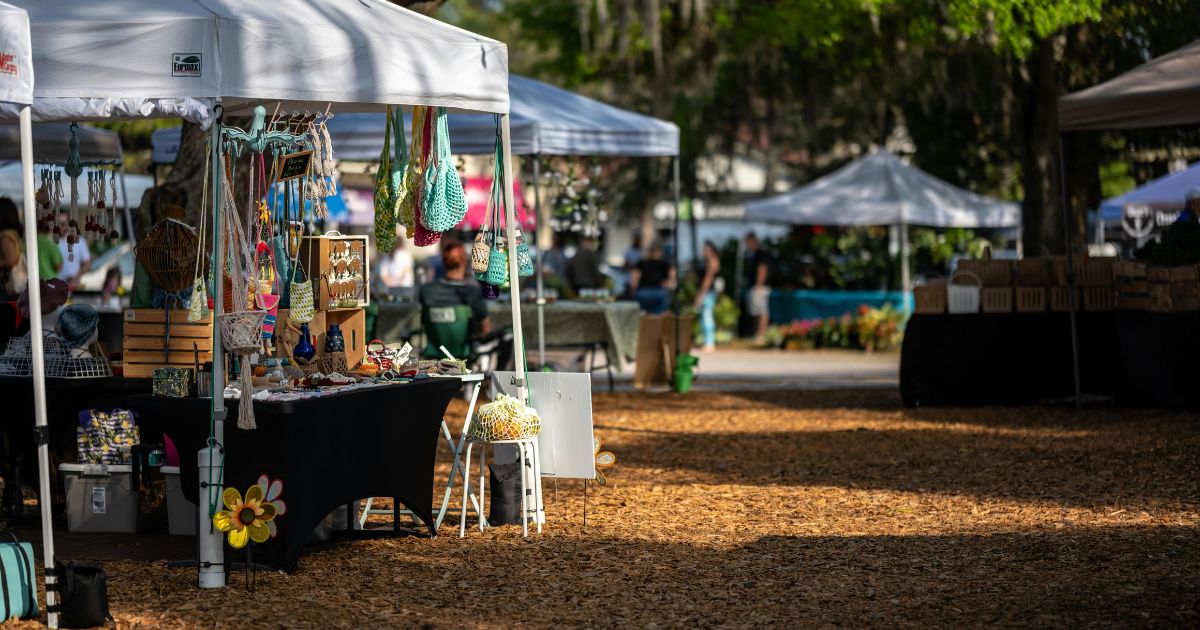
When Faith Mabena started her business, she merely had a marketing degree to her name and had to learn the ropes, and the construction industry very quickly. Today she is the co-founder and director of Nokhanya Services, a black women-owned building contractors business.
Mabena says when she resigned from her previous job in 2012, she did so without a plan, however, entrepreneurship was in her blood,
“(I knew) I was going to make it work no matter what.”
Early on she says she learnt to surround herself with people in the know within the construction industry.
I had to consult with engineers, quantity surveyors, project managers and architects, which I still use to date. They helped in shaping my business to what it is now and continue to do so.
To date, Mabena’s company, Nokhanya Services, has completed over 800 houses, with the CIDB grading (according to financial and works capability) of 7 GB PE. They currently operate in the Western Cape (Khayelitsha, Philippi, Bardale, Malibu and George) with the aim of expanding into other provinces.
Women in Construction
The construction industry is still very male-dominated, says Desirè Paterson from the Master Builders Association Western Cape (MBAWC).
“According to the Construction Industry Development Board’s Quarterly report (October 2018), the construction industry is largely seen as a male-dominated industry, a fact that has remained reasonably consistent over the past eight years or so, with a recorded breakdown of around 89% male and 11% female.
Although historically, this industry may have been built on the backs of many men who were passionate about building and growing our country, women can bring a different point of view to any boardroom table (or construction site) and with different points of view comes change.

Mabena shares how she got her foot into the door and the biggest misconceptions about women in the construction industry.
Entering the Construction Industry
“Following the registration of my business, [I was] a one-stop shop providing everything from stationery and banners to paint, books and plumbing material to many government entities. I got tired of being a jack of all trades and master of none with no direction. I needed something stable, with longevity and [with] better profits.
While in the process of trying to figure things out, my partner and I were approached by an entrepreneur who was in the construction industry specialising in BNG and needed financial assistance. We formed a joint venture, with the agreement that I would run the [company] finances and be active in the business. This was the beginning of my journey in the construction sector.
“After the completion of the project we parted ways and I got involved in the Enhanced People’s Housing Process (EPHP), a government initiative that allows beneficiaries to get involved in [making] decisions [during the] construction process and make contributions towards the building of their own houses by selecting the contractor, house plans, etc. [The process] has resulted in thousands of houses being built in the townships of Cape Town.”
Sector performing currently?
Last year was not a good year for us, and I’m sure for most contractors as well. We also saw some of the big construction companies shutting down their doors. There was not enough work and we took a bit of a dip.
Fortunately, we have work secured for this year. It is looking promising as we have been included in a Framework for Infrastructure Delivery and Procurement Management (FIDPM) for three years and I am sure we will be able to secure more work outside of the framework.
This means we still get to keep the lights on and avoid retrenchments. There will be an increase in employment which is always a positive outcome.
See also: List of Enterprise Supplier Development Programmes in South Africa [UPDATED]
Resources That Helped you Establishing your Business
Having a good relationship with the suppliers and sub-contractors is very key. These are the people I pay first to make sure that projects are not stagnating and running behind programme.
Investing in a truck or pick-up (bakkie) and having proper tools to get work done is a good start.
The Importance of Education in a Successful Construction Business
(When I started) I had a lot of learning to do about the industry, and thankfully I had the opportunity to attend the following courses which have had a major impact on my company, resulting in [us] obtaining awards in two consecutive years:
Challenges in Construction
It is very difficult to secure work, especially when you need multiple, or big projects, to keep the company afloat. The higher the CIDB grading the more difficult it is to get work because we are competing with companies that have been in the game for years. It is not easy, but we soldier on by trying to source work from different clients and diversifying.
Another challenge is upgrading the CIDB to grade 8GB PE. There are very few women contractors between Grade 8 and 9 and it looks like it will continue being a painful, steep and long road to the top if we continue being overlooked and not given the same opportunities as our male counterparts.
Misconceptions About Women in Construction
Common misconceptions include:
- That women are not capable of doing the job, they are incompetent.
- Women don’t belong in the construction industry, especially onsite.
- Women are not to be taken seriously as professionals, they can never do a man’s job.
- Women don’t deserve equal pay to their male counterparts.
How to Encourage Women to Explore Construction
- They need to know that with a positive mindset, anything is achievable. We, the current women in construction, should give them hope that it is doable, motivate them and be their role models.
- When you teach a woman, you teach the nation; we have so many people who rely on us. Women’s inclusion will make a world of difference and it is through new entrants that we can make a difference and grow the industry.
- We are very meticulous about delivering quality work – imagine the type of structures that will be produced if women are included.
- There are various ways of getting women’s representation, especially with the 30% threshold policy in tenders set aside for local beneficiation and participation of women and youth.
- I have also made it a point that I employ women sub-contractors to help them to gain experience.
Advice for Entering Construction
- You can get into whatever industry you put your mind to.
- Understand the market and your competition.
- Those looking to enter the industry should be passionate about construction, have perseverance and be committed to seeing it through because it is not easy at all. Whatever you do, don’t give up!












